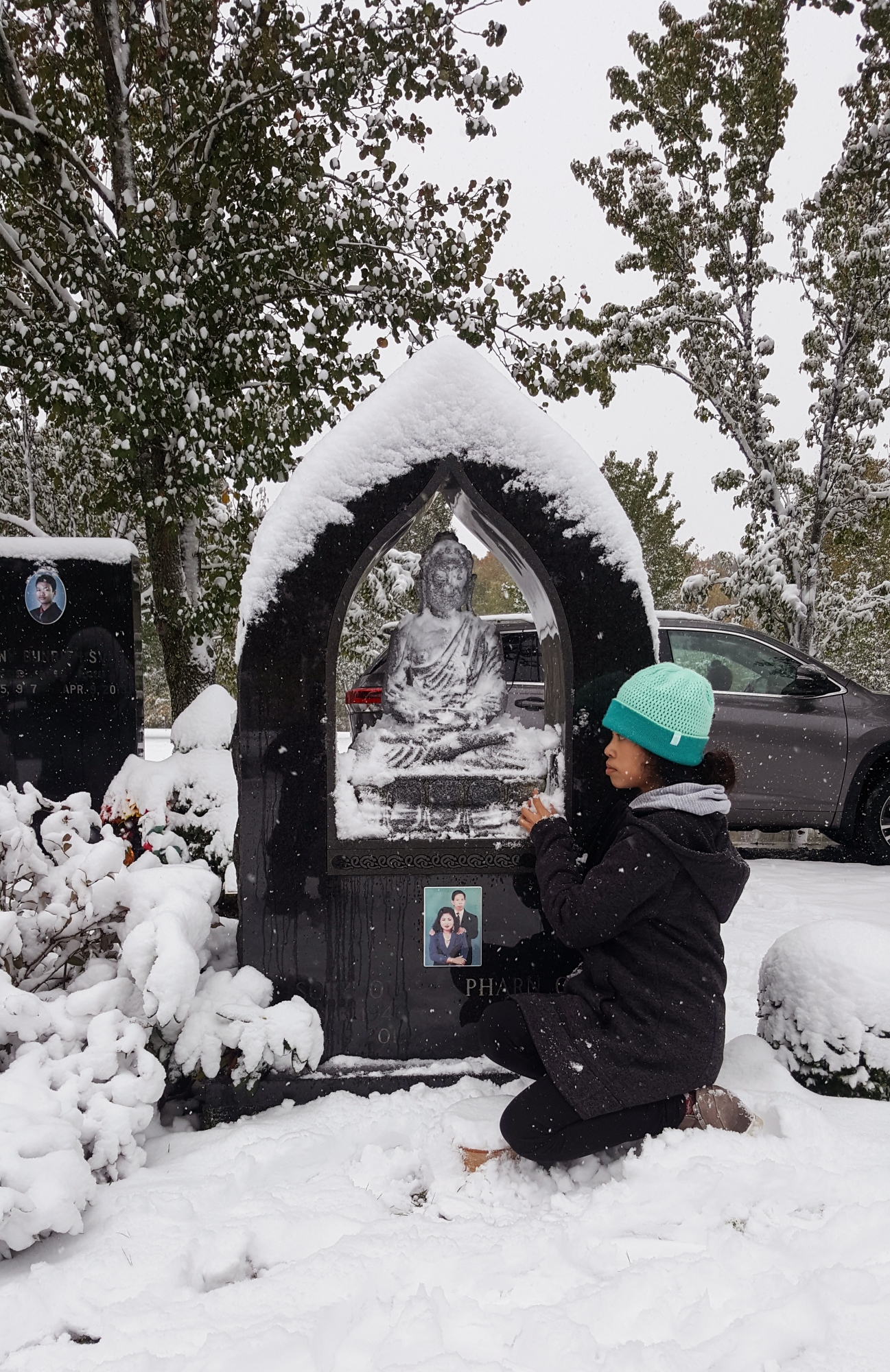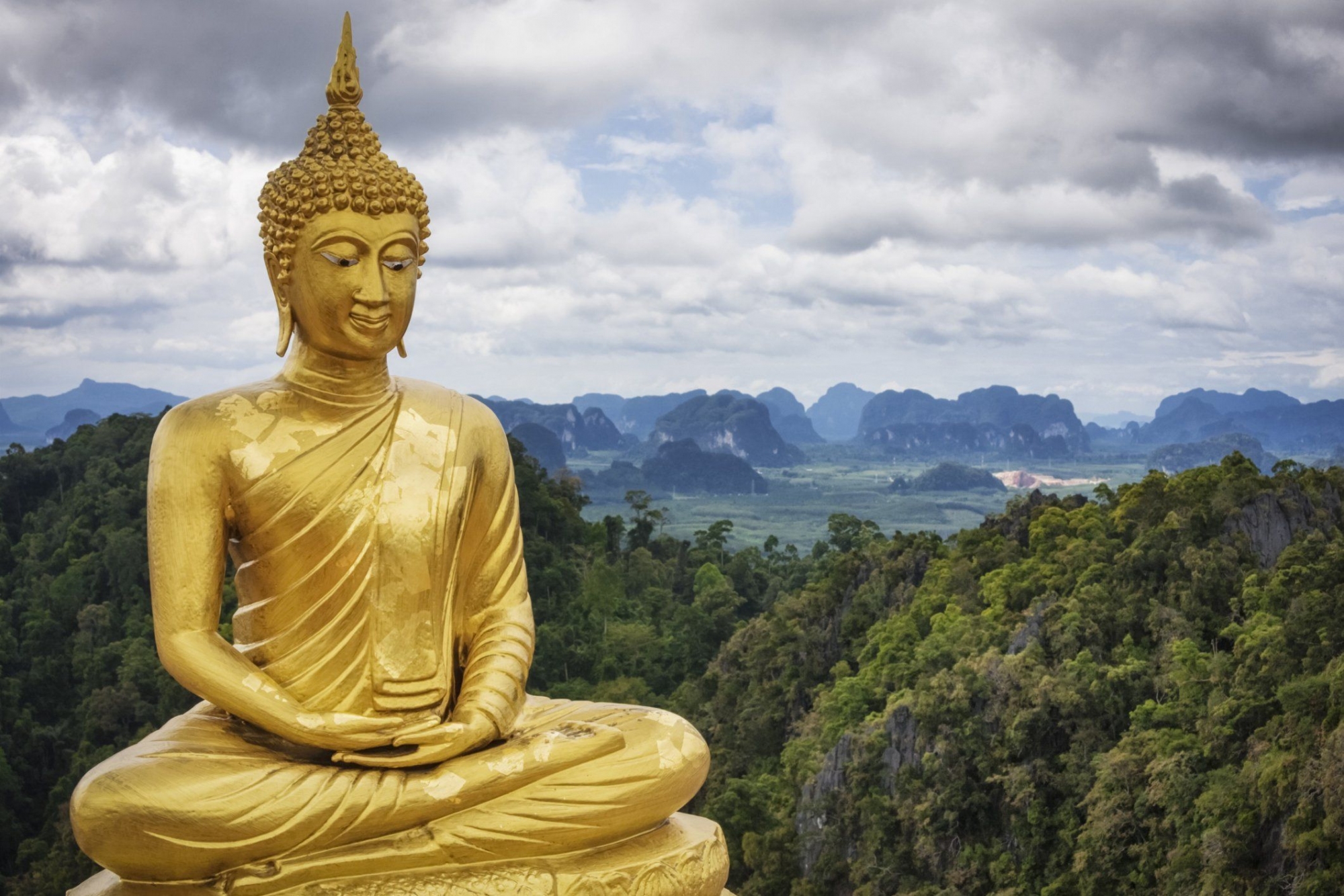
Uposatha days are times of renewed dedication to Dhamma practice, observed by lay followers and monastics throughout the world of Theravada Buddhism.
For monastics, these are often days of more intensive reflection and meditation. In many monasteries physical labor (construction projects, repairs, etc.) is curtailed. On New Moon and Full Moon days the fortnightly confession and recitation of the Bhikkhu Patimokkha (monastic rules of conduct) takes place.
Lay people observe the Eight Precepts on Uposatha days, as a support for meditation practice and as a way to re-energize commitment to the Dhamma. Whenever possible, lay people use these days as an opportunity to visit the local monastery, in order to make special offerings to the Sangha, to listen to Dhamma, and to practice meditation with Dhamma companions late into the night. For those not closely affiliated with a local monastery, it can simply be an opportunity to step up one’s efforts in meditation, while drawing on the invisible support of millions of other practicing Buddhists around the world.
The calendar of Uposatha days is calculated using a complex traditional formula that is loosely based on the lunar calendar, with the result that the dates do not always coincide with the actual astronomical dates. To further complicate matters, each sect within Theravada Buddhism tends to follow a slightly different calendar.
Several full-moon Uposatha days hold special significance in the Buddhist calendar:
Magha Puja (usually in February)
This day, sometimes called “Sangha Day,” commemorates the spontaneous assembly of 1,250 arahants in the Buddha’s presence. One thousand of the gathered monks had previously achieved Awakening upon hearing the Buddha’s delivery of the Fire Sermon; the remaining 250 were followers of the elder monks Ven. Moggallana and Ven. Sariputta. To mark this auspicious gathering, the Buddha delivered the “Ovada-Patimokkha Gatha” (see “A Chanting Guide”), a summary of the main points of the Dhamma, which the Buddha gave to the assembly before sending them out to proclaim the doctrine. [Suggested reading: “Dhamma for Everyone” by Ajaan Lee.] Continue reading →


















